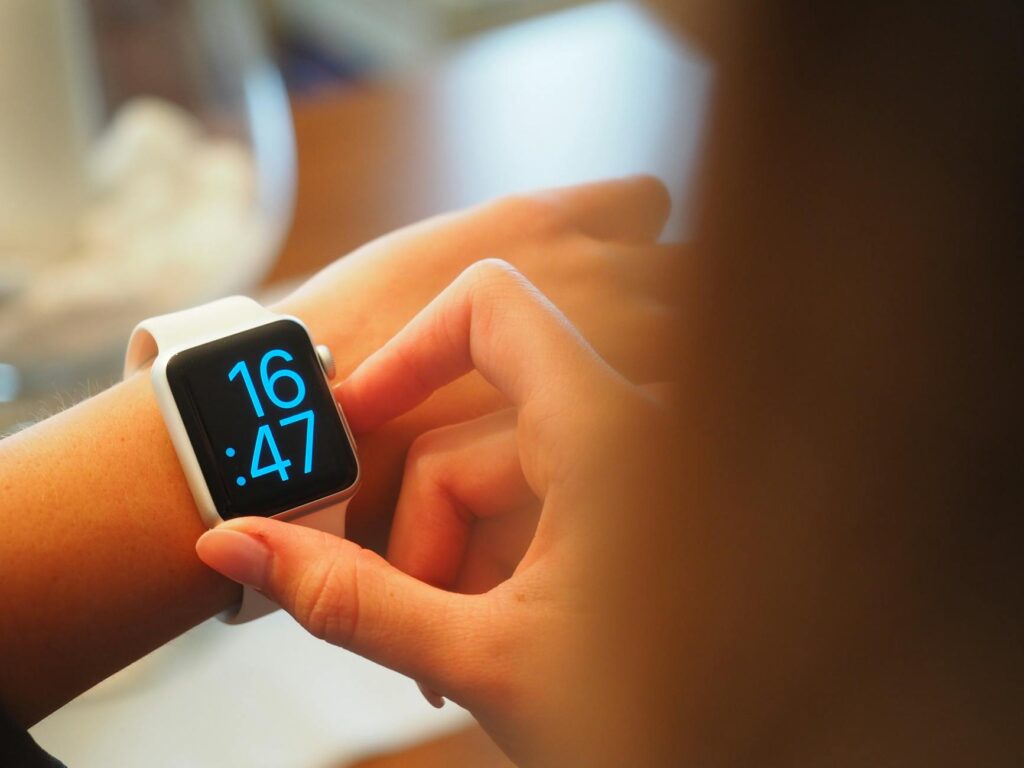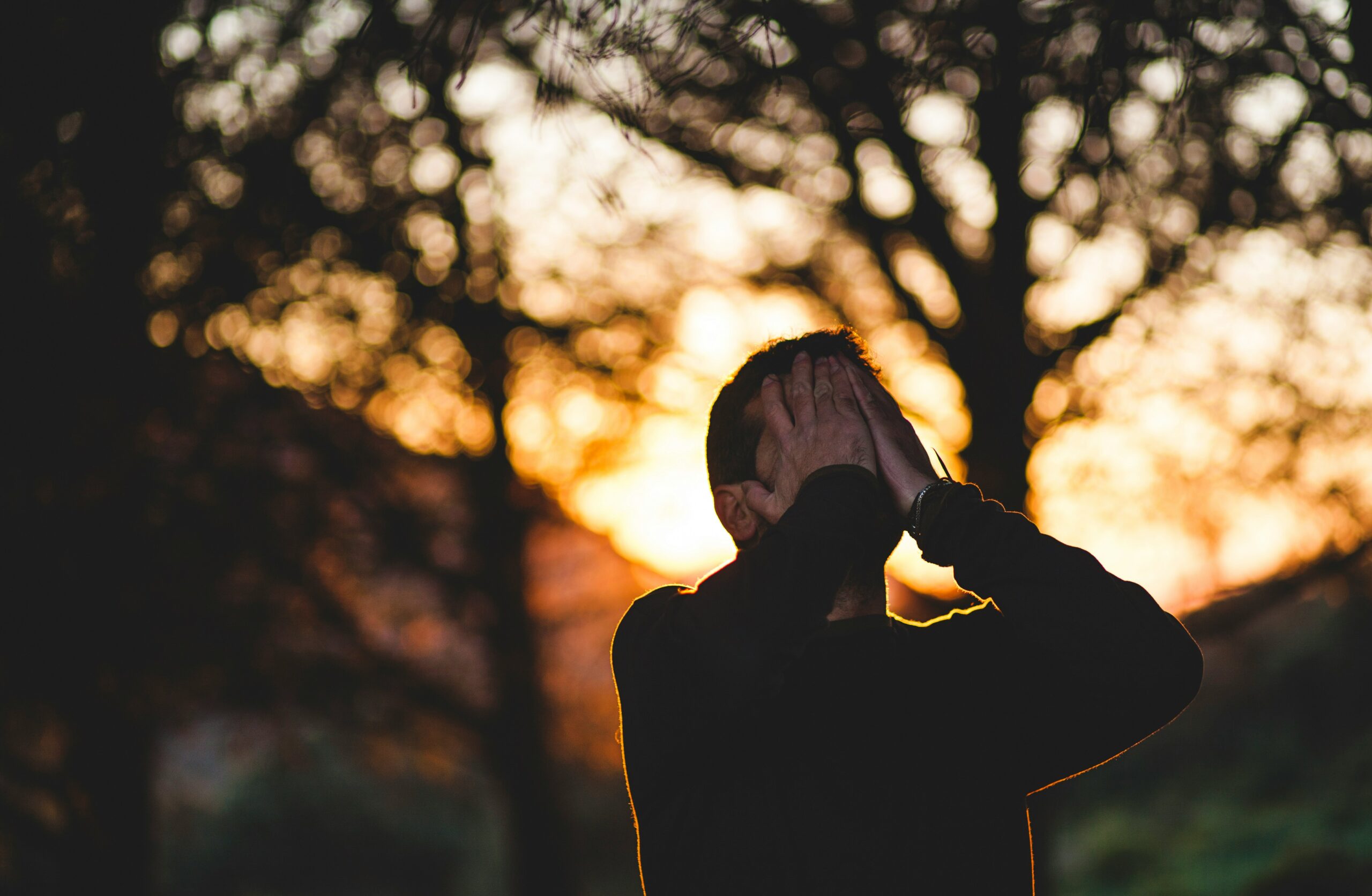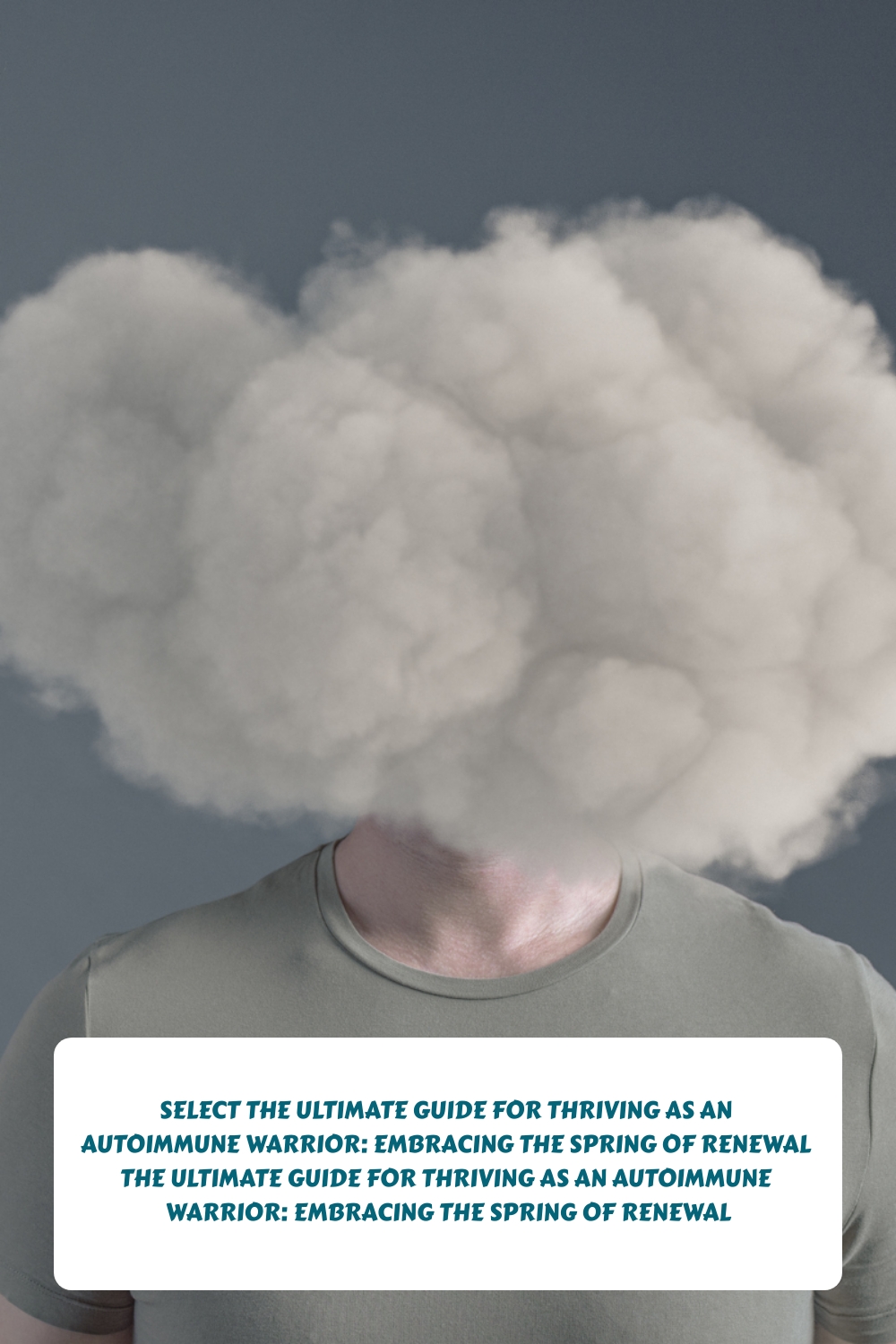Feeling the Fall Slump? How to Outsmart Daylight Savings and Boost Your Sleep

As the leaves change and the days grow shorter, many people with autoimmune diseases battle seasonal fatigue.
While fatigue is a common symptom year-round, the shift in weather—and the effects of Daylight Savings Time—can make it feel especially heavy in the fall.
Whether it’s due to the increased darkness or disruption in sleep routines, feeling drained this time of year is all too common.
What’s the Difference Between Sleepiness and Fatigue?
It’s important to understand that sleepiness and fatigue are not the same thing:
- Sleepiness is the desire to sleep, usually resolved by a nap or a good night’s rest.
- Fatigue, however, is an overwhelming state of exhaustion that doesn’t go away, no matter how much sleep you get.
People with autoimmune diseases often describe fatigue as:
- “Lugging around a ton of bricks all day.”
- “A spirit-draining exhaustion that no amount of sleep fixes.”
- “Even simple tasks like cooking or cleaning feel impossible.”
Fatigue can affect everything from personal hygiene to social activities, work, and even relationships. It’s a pervasive sense of weariness that goes beyond needing a nap—it lingers no matter how much you rest.
Our Invigorate Your Journey community is no stranger to this. We’ve heard countless stories from members falling asleep in the most unexpected places.
We’ve seen it all, from catching a quick nap under a desk at work to dozing off on trains or buses during commutes.

Some have even found themselves sleeping for hours on end without feeling any more refreshed afterward.
These stories reflect how sleepiness may feel random and situational, but fatigue is different.
It’s a constant, heavy presence that makes even staying awake a monumental task, let alone performing day-to-day activities.
For many, it’s not just about getting more sleep but about finding ways to holistically restore energy.
How Daylight Savings Time Affects Sleep and Energy
The shift during Daylight Savings Time can throw off our body’s internal clock, also known as our circadian rhythm.
This natural rhythm is influenced by light exposure, and when the clocks change, it can disrupt sleep patterns, leading to feelings of tiredness and fatigue.

For people with autoimmune diseases, whose bodies already struggle with inflammation and energy regulation, the effects of Daylight Savings can be even more pronounced.
The earlier sunset means less exposure to natural light, which can impact melatonin production—making it harder to wake up and stay energized throughout the day.
The Ripple Effect of Sleep on Overall Health
Getting good sleep is about more than just feeling rested. It impacts various areas of your health, including:
- Mood regulation: Poor sleep can lead to irritability, anxiety, and even depression.
- Appetite control: Sleep is key in producing hormones that regulate hunger. A lack of sleep can lead to increased cravings for unhealthy foods.
- Cognitive function: Sleep is essential for memory, concentration, and mental clarity.
The Autoimmune Association reports that 99% of people with autoimmune diseases say that fatigue impacts their quality of life, with 92% indicating it affects their family relationships and 89% noting it has affected their careers.
Addressing sleep issues can help mitigate some of these impacts, making autoimmune flare-ups slightly less frustrating.
Rest vs. Sleep: Why Both Are Essential

While sleep is essential for physical recovery, rest is equally important for managing fatigue.
Unlike sleep, rest can be achieved through activities like meditating, reading, or simply lying down without the pressure of falling asleep.
Although sleep and rest serve different purposes, they are crucial for managing autoimmune symptoms.
For those with autoimmune conditions, aiming for 7 to 9 hours of sleep is recommended, though some people may need more rest due to their body’s need for repair.
6 Simple Strategies for Better Sleep
We’ve got some super easy tricks up our sleeve to help you catch those quality winks without turning your bedtime routine upside down:
- ☀️ Soak up that morning sunshine: Start your day with a dose of natural light to kickstart your body clock and tell your brain it’s time to rise and shine!
- 🍗 Power up with protein at dinner: A yummy protein-packed meal can help your body whip up some sleep-friendly hormones. Sweet dreams, indeed!
- 🏃♀️ Get your body moving: A little daily exercise goes a long way in helping you snooze better at night. Find something fun that gets you grooving!
- 🧘♀️ Chill out with some mindfulness: Ever tried Yoga Nidra? It’s like a mini vacation for your mind and can work wonders for your sleep. Give it a whirl!
- 🕰️ Stick to your sleep schedule: Your body loves routine! Try to hit the hay and wake up at the same time every day. Your inner clock will thank you!
- ⏰ Follow the 10-3-2-1-0 Rule (it’s easier than it sounds, promise!):
- 10 hours before bed: ☕ Time to say bye-bye to caffeine.
- 3 hours before bed: 🍽️ Wrap up your last meal of the day.
- 2 hours before bed: 💼 Put work to bed before you hit the hay.
- 1 hour before bed: 📱 Give those screens a rest. Your eyes will love you for it!
- 0 snooze button presses: ⏰ Pop that alarm across the room. Future you will be grateful!
4 Quick Tips to Optimize Your Sleep Environment
Let’s level up our bedroom for some sweet dreams! Here’s how to make your sleep space extra cozy:
- 🌙 Lights out, baby! Even a tiny bit of light can mess with your sleep vibes, so aim for pitch-black darkness. Try 100% light blocking, zero-pressure sleep mask and blackout curtains
- ❄️ Keep it cool: Crank that thermostat down to a chilly 60-65°F. It’s the perfect temp for deep zzz’s.
- 🛏️ Comfy central: Treat yourself to a weighted blanket or upgrade your mattress and pillows. Your body will thank you!
- 🎵 Soothing sounds and smells: Try a white noise machine or ear plugs for noise reduction, or some lavender pillow spray to help you unwind.
Wrapping It Up: Your Blueprint for Better Sleep
As fall unfolds and the effects of Daylight Savings Time set in, managing fatigue can feel like an uphill battle.
But with a few mindful adjustments to your sleep routine and environment, you can take control of your energy levels and feel more like yourself.

 Karin W
Karin W 






